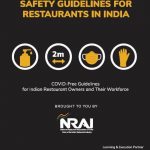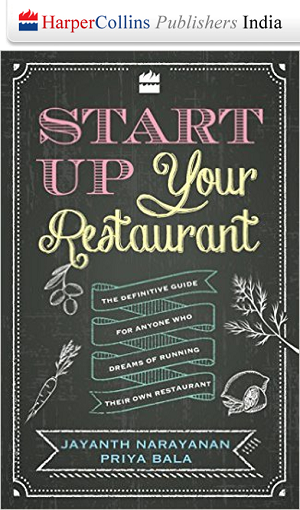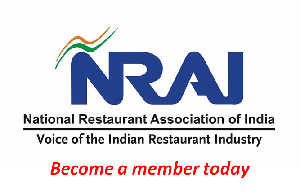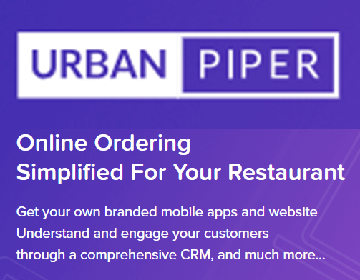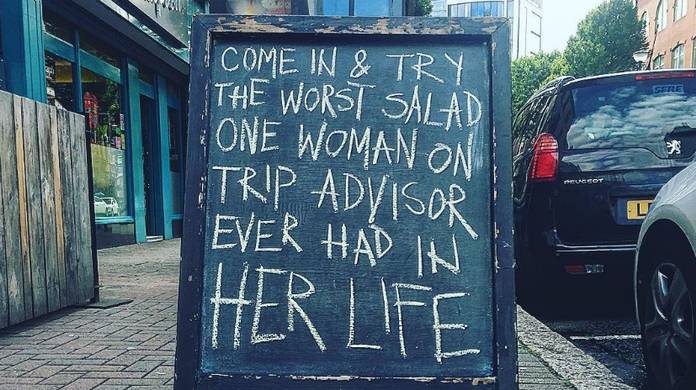
This news item, which appeared in the Pune Mirror, came to my notice:
Food bloggers can now be sued for bad reviews
‘Hospitality Industry of India has started scanning for people who mislead customers about restaurants.
Food bloggers without certification or recognition from the national hospitality body will now be booked for defaming restaurants.’
The report quoted Sanee Aswarmmel, chairperson Hospitality Industry of India, who questioned the credentials of a majority of food bloggers.
We know the impracticality of suing for defamation in this country. Also, is the organisation planning to certify bloggers? Inclined as I am to be skeptical about this move, I fully understand the angst that restaurateurs experience on account of ratings on online platforms such as Zomato. The topic almost always comes up during my casual conversations with chefs and restaurant owners. Some feel the pressure of low ratings. Others say, ‘Something needs to be done. We are being held to ransom here.’ Restaurateurs have also described to me the stonewalling they face when they seek an understanding of how the rating system works. Why do all the 5-star reviews of some restaurants appear on top while the lower ratings are tucked away below? How can a two-week old restaurant have scores of 5-star ratings? Ask the platforms and they say ‘Algorithm’. End of discussion.
Hard to practise as it may seem at first, I would ask restaurateurs to put ratings in perspective and not tie themselves up in knots when they fall below the coveted 4.5, which Zomato sales executives are constantly telling you can be achieved if you sign up for this package or that. To get to this position restaurateurs also need to consider the credentials and the quality of reviewers. Are you concerned about the discerning diner’s views, which can serve as constructive feedback, or, are you going to have knee-jerk reactions to every unflattering review, regardless of the critic’s knowledge and experience of food.
During a random scan, I came upon this one:
This new restaurant abode in bustling street of Indira Nagar is a tavern of subverting traditional Indian meals with its fresh take on a Modern Culinary delights.
And another:
So here I am in —— enjoyed and admired the beautifully designed building, enjoyed the dark larger beer to my hearts content and the food was excellent and lastly all this was enjoyed with my best friend… my beautiful wife. All I could do when I walked out of —— was smile to myself and keep thinking I love my bangalore and am glad to see such places rite here in my city that I’m proud of.
And these are the positive reviews. What value could they possibly have for the diner looking for pointers on where to eat? Discounts-seeking customers who have turned taking down restaurants into a sport are not a group restaurants should pander to. They are not good for business.
The online review portals have vast user bases. But most restaurants in cities like Bangalore operate, for all practical purposes, in fairly small micro-markets. The restaurateur’s quest should not be to seek that elusive 4.5 on Zomato. It should be to focus on product and product alone, bringing the ambience, food, drink and service up to the highest standard the restaurant can aspire to and to meet customer expectations. Look after your regulars, build a community in the locale in which you operate. Happy, satisfied customers can do more for your business with their word-of-mouth recommendations than any rating website which provides a platform for a large number of people who have a limited understanding of the art of dining out.

